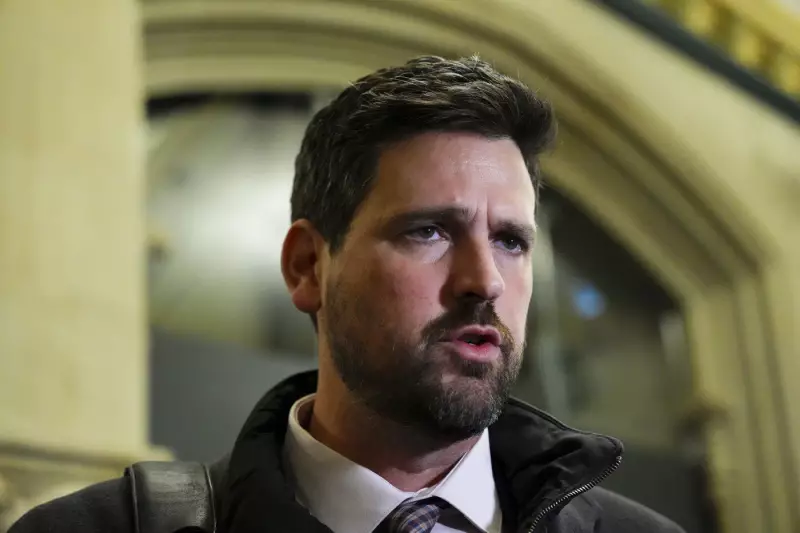
In a decisive statement that has sparked national conversation, Immigration Minister Sean Fraser has firmly rejected the possibility of using the controversial notwithstanding clause to overturn a recent court ruling on child pornography sentencing.
Constitutional Boundaries Tested
The political firestorm erupted after the Supreme Court of Canada struck down mandatory minimum sentences for serious child pornography offenses. This landmark decision immediately prompted questions about whether the federal government would employ Section 33 of the Charter - the notwithstanding clause - to effectively nullify the court's ruling.
"I don't believe that's an appropriate use of the notwithstanding clause," Fraser stated unequivocally during a media availability. His position places him at the center of a heated debate about the proper balance between parliamentary power and judicial independence.
Legal and Political Implications
The minister's stance highlights the delicate constitutional dance facing the Liberal government. While expressing profound disagreement with the court's decision, Fraser emphasized the importance of respecting the judicial process and exploring alternative legislative solutions.
"We have other tools at our disposal," Fraser noted, suggesting the government is examining other legal avenues to address what he called "serious crimes" that demand serious consequences.
Growing Political Pressure
The ruling has created significant political pressure from multiple fronts:
- Conservative critics demanding stronger action against child exploitation
- Legal experts warning against politicizing the justice system
- Victims' rights advocates calling for enhanced protections
- Civil liberties groups defending the court's constitutional interpretation
Fraser's comments come amid increasing calls from opposition parties for the government to take more aggressive measures to combat child pornography. The minister acknowledged the emotional weight of the issue while maintaining his constitutional position.
Looking Forward
As the government contemplates its next steps, Fraser indicated that any response would need to respect both the severity of the crimes and the constitutional framework that governs Canadian law. The minister's rejection of the notwithstanding clause in this context signals the government's current thinking on how to navigate this legally complex and emotionally charged issue.
The debate continues as Canadians await the government's formal response to what many consider one of the most challenging legal and moral questions facing the justice system today.





